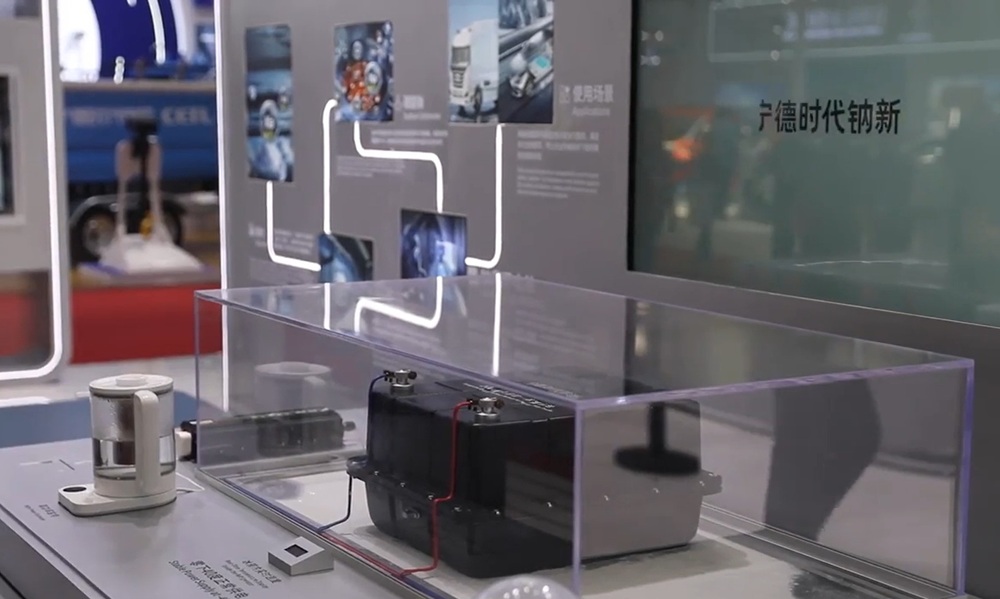Chinese scientists have unveiled a breakthrough lithium metal battery with twice the energy density of Tesla’s most advanced electric vehicle cell.
Researchers at Tianjin University announced the new battery achieves an energy density of over 600 watt-hours per kilogram, surpassing Tesla’s 300 and BYD’s 150. Energy density, the amount of energy stored per unit mass, determines how small and powerful a battery can be, making this advancement a major step forward in battery innovation.
Published in Nature on Wednesday, the findings represent a 200 to 300 per cent leap over current lithium metal battery capabilities, marking a significant milestone for electric vehicle technology and energy storage solutions worldwide.
Lithium metal batteries have long been considered a promising successor to conventional lithium-ion cells but have faced design and stability challenges. Traditional electrolytes use solvation structures, orderly arrangements of molecules around lithium ions, which provide stability but limit performance, longevity, and safety.
The Tianjin team reimagined this structure, developing a “delocalised electrolyte” that creates a more disordered and dynamic environment for lithium ions. This innovation improves ion transport, boosts stability, and enhances cycle life, key factors in producing more efficient, safer batteries.
Testing showed the battery maintained stable cycling over 100 charges while reaching 604.2 watt-hours per kilogram, far exceeding Beijing’s “Made in China 2025” goal of 400.
The breakthrough positions China at the forefront of battery technology and could transform electric vehicles, drones, and portable electronics. Researchers have already deployed the technology in drone batteries, underlining its practical potential and commercial readiness.
This development represents one of the most significant energy storage advances in recent years.


